Despite being earthquake victims themselves, Turkish teachers are putting in huge efforts to keep classes going on, making sure that no student is left behind.
School buildings were also affected in the February 6 twin earthquakes that hit Türkiye’s southern region, killing over 45,000 people, and educational institutions were closed nationwide for over two weeks.
While many learning centres have since reopened, lessons are also continuing in tent schools set up by volunteers and authorities in the quake-hit zone.
Hatice Kubra Kurt, a Turkish language and literature teacher in Gaziantep province’s Islahiye district, told Anadolu Agency that classes continue in tent cities, or makeshift housing, for the quake victims.
“We are locals and reside in Islahiye. Like everyone else in this city we are living in tents… Being with children is therefore psychologically healthy for us, we are bandaging each other’s wounds,” she said.
Kurt said elementary school classes begin in the morning, and middle school in the afternoon.
READ MORE:
Schools reopen in quake-stricken Diyarbakir
Financial, moral help
“Here, we do our best to interact with them one-on-one. They are currently having trouble concentrating since the children have already been impacted by the earthquakes. We began with higher activity levels to help kids concentrate as much as possible, and then we tried to concentrate on our lessons so they could go back to their regular lives at school with repeated lessons,” she said.
“Many people offered both financial and moral help. Many people come here voluntarily to work. They assist us. This is how things are currently developing. Children cannot fully comprehend the scenario because we are somewhat crowded at the same time. We’re undergoing a process,” Kurt added.
She said every day is not the same and the number of students varies, but no one is forced to join the classes.
“They want to attend classes as well as the events taking place outdoors. They voluntarily arrive and leave, we can’t find them and we can’t force them,” she said.
“Given that we are in a tent city, we can’t find who lives where. We can’t communicate with the parents … When they arrive, we open our doors, and head back to our tent homes after the school is over.”
The 7.7 and 7.6- magnitude quakes struck 11 Turkish provinces – Adana, Adiyaman, Diyarbakir, Elazig, Hatay, Gaziantep, Kahramanmaras, Kilis, Malatya, Osmaniye and Sanliurfa, affecting more than 13 million people.
READ MORE: From survival mode to self-care: Quake survivors have come a long way

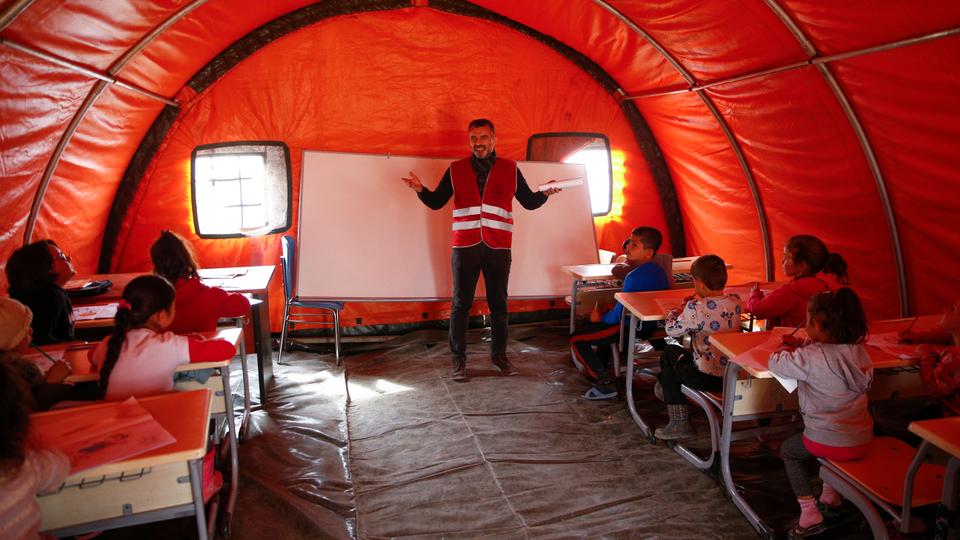

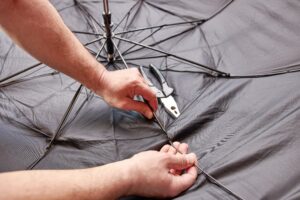

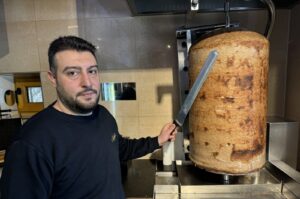
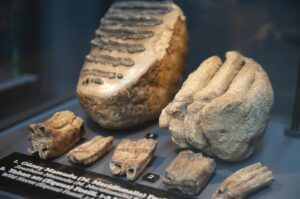











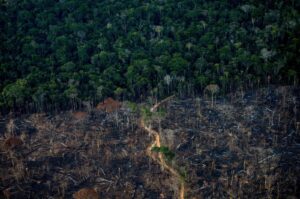

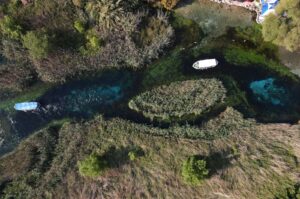



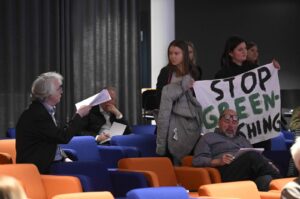


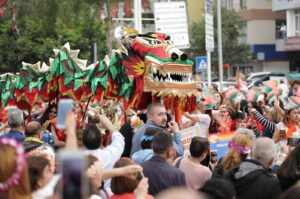
























Be First to Comment